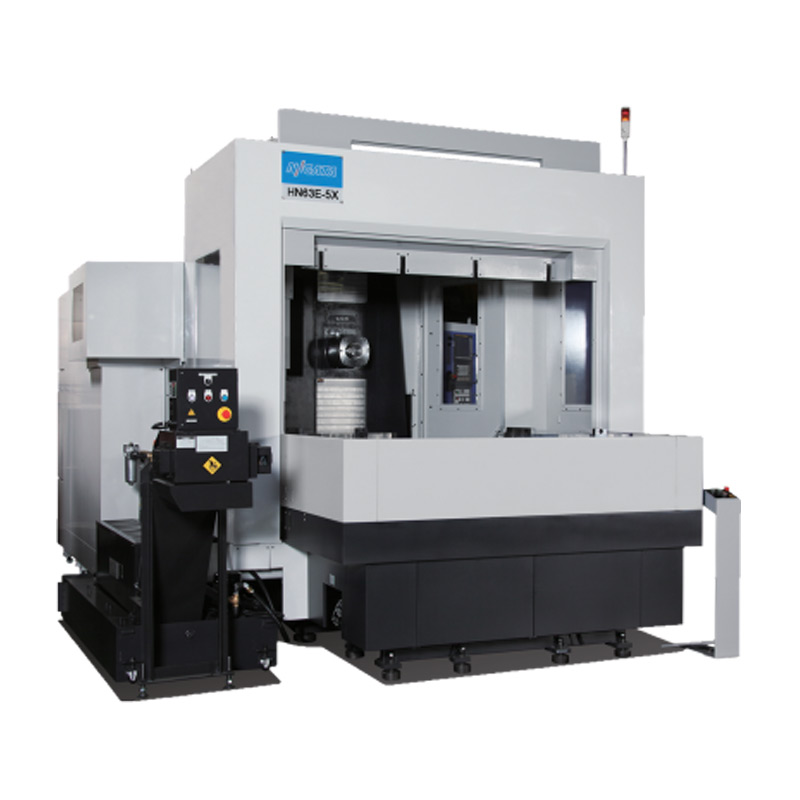
- Afrikaans
- Albanian
- Amharic
- Arabic
- Armenian
- Azerbaijani
- Basque
- Belarusian
- Bengali
- Bosnian
- Bulgarian
- Catalan
- Cebuano
- Corsican
- Croatian
- Czech
- Danish
- Dutch
- English
- Esperanto
- Estonian
- Finnish
- French
- Frisian
- Galician
- Georgian
- German
- Greek
- Gujarati
- Haitian Creole
- hausa
- hawaiian
- Hebrew
- Hindi
- Miao
- Hungarian
- Icelandic
- igbo
- Indonesian
- irish
- Italian
- Japanese
- Javanese
- Kannada
- kazakh
- Khmer
- Rwandese
- Korean
- Kurdish
- Kyrgyz
- Lao
- Latin
- Latvian
- Lithuanian
- Luxembourgish
- Macedonian
- Malgashi
- Malay
- Malayalam
- Maltese
- Maori
- Marathi
- Mongolian
- Myanmar
- Nepali
- Norwegian
- Norwegian
- Occitan
- Pashto
- Persian
- Polish
- Portuguese
- Punjabi
- Romanian
- Russian
- Samoan
- Scottish Gaelic
- Serbian
- Sesotho
- Shona
- Sindhi
- Sinhala
- Slovak
- Slovenian
- Somali
- Spanish
- Sundanese
- Swahili
- Swedish
- Tagalog
- Tajik
- Tamil
- Tatar
- Telugu
- Thai
- Turkish
- Turkmen
- Ukrainian
- Urdu
- Uighur
- Uzbek
- Vietnamese
- Welsh
- Bantu
- Yiddish
- Yoruba
Affordable Prices for Car Washing Hydraulic Machines and Equipment Options
The Price Analysis of Hydraulic Car Washing Machines
In recent years, the automotive service industry has witnessed significant technological advancements, particularly in car washing systems. Among these innovations, hydraulic car washing machines have gained considerable popularity due to their efficiency and effectiveness. This article aims to provide insight into the price range of hydraulic car washing machines, the factors influencing these prices, and their long-term value.
Understanding Hydraulic Car Washing Machines
Hydraulic car washing machines utilize hydraulic power to operate various washing components, such as brushes, high-pressure jets, and rinse systems. These machines are designed to clean vehicles thoroughly while minimizing water consumption and maximizing uptime. Their automated features allow for a fast and efficient washing process, making them an attractive option for car wash businesses aiming to increase productivity and customer satisfaction.
Price Range of Hydraulic Car Washing Machines
The price of hydraulic car washing machines can vary significantly based on several factors, including size, features, brand, and technology. On average, small to mid-sized hydraulic car washing machines may range from $15,000 to $50,000. Larger, more sophisticated systems, which are often capable of handling multiple vehicles simultaneously, can cost between $50,000 and $100,000 or more.
For instance, entry-level hydraulic car washing machines equipped with essential features may be available at lower price points. However, businesses looking for advanced features such as touchless washing options, programmable settings, and integrated drying systems should expect to invest more. High-end machines with exceptional durability and advanced automation features can reach prices upwards of $200,000.
Factors Influencing Price
Several factors can influence the pricing of hydraulic car washing machines
1. Technology and Features The inclusion of advanced technology such as automated payment systems, smart sensors, and eco-friendly water recycling capabilities can significantly increase the price of the machine. Customers should carefully assess which features will provide the best return on investment for their specific needs.
car washing hydraulic machine price

2. Brand Reputation Established brands with a strong reputation for producing reliable and high-quality machines may charge a premium. However, investing in a reputable brand often ensures better customer support, warranties, and overall durability.
3. Machine Size and Capacity Larger machines designed for high-volume washes will naturally command higher prices due to their more complex systems and greater operational capabilities. Businesses need to consider their expected wash volume when selecting a machine size.
4. Installation and Maintenance Costs The initial purchase price is only part of the total investment. Installation costs, additional plumbing requirements, and ongoing maintenance should also be factored into the overall budget. Some retailers may offer package deals that include installation, which can provide savings and streamline the purchasing process.
5. Market Demand The demand for car washing services in a particular area can influence machine prices. In regions experiencing high growth or competition in the car wash sector, prices may increase. Conversely, in areas with lower demand, prices might be more competitive.
Long-Term Value and Return on Investment
While the upfront cost of hydraulic car washing machines may seem steep, it's essential to assess the long-term value they provide. These machines often result in lower labor costs due to automation, higher customer satisfaction, and increased throughput, leading to more vehicles washed per hour.
Furthermore, energy-efficient models can significantly reduce utility costs over time, making them an environmentally friendly choice for operators. The ability to offer superior cleaning services with minimal environmental impact can also attract more customers, enhancing profitability in the long run.
Conclusion
In summary, the price of hydraulic car washing machines can vary widely based on several key factors, including technology, size, brand, and market demand. While the initial investment may be considerable, the long-term benefits, including increased efficiency and customer satisfaction, can make hydraulic machines a wise decision for car wash operators. As the automotive service industry continues to evolve, investing in advanced washing technology is likely to remain a valuable strategy for success.
-
Integrating Aqua Tunnel Car Wash in Shopping CentersNewsJun.24,2025
-
Gas Station with an Auto Car Wash MachineNewsJun.24,2025
-
Efficiency in Your Aqua Tunnel Car Wash: Power & Water-SavingNewsJun.24,2025
-
Car Wash Business with Advanced Auto Car Cleaning MachinesNewsJun.24,2025
-
Balancing Setup Costs with Aqua Tunnel Car WashNewsJun.24,2025
-
Aqua Tunnel Car Wash: Eco-Design for the Energy-Savvy EntrepreneurNewsJun.24,2025



